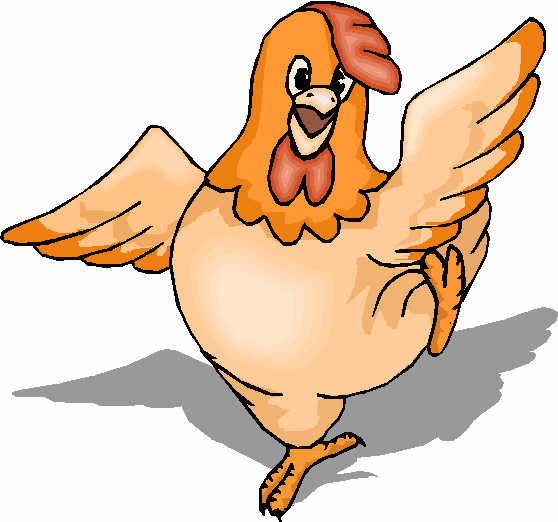Many are now aware that the Koran—that is, Allah’s word—permits, not just polygamy, but forced concubinage (sex with captive women), according to Koran 4:3: “Marry such women as seem good to you, two and three and four; but if you fear that you will not do justice, then only one, or what your right hands possess [captive women taken in war].” There is, however, an interesting, and very telling, linguistic aspect to this verse that is often overlooked—or intentionally obscured. The Arabic states: “Ankahu [marry]…ma [what] malakat [possess] aymankum [your right hands].”
Oddly enough, the Arabic relative pronoun used to indicate these captive women is "ma": ma malakat aymankum, literally, “what your right hands possess” (see Shakir’s acclaimed English translation which most literally translates this). In Arabic, when one refers to a rational being (i.e., a human), the word used is man, which means “who(ever)”; ma, on the other hand, refers only to things or animals—trees, rocks, dogs and cats—very much similar to the English “it.” Thus, in proper Arabic the phrase might have been man malakat aymankum: “who(ever) your rights hands possess.”
For long I assumed this was but a stylistic matter. However, the highly revered Islamic scholar al-Qurtubi (d.1273) also makes this observation in vol. 5, p.12 of his authoritative 20-volume Tafsir Al Koran (Exegesis of the Koran). He points out that members of the human race should be referred to with man (who), whereas only “inanimate objects” or “brute beasts” should be referred to with ma (what).
Does this suggest that the Koran’s Arabic—touted as the most perfect Arabic—is flawed? Of course, no Muslim would allow for that. Nor need they, as this phenomenon (portraying concubines as non-human) accords well with a number of hadiths that place females and animals in the same category. Musnad Ibn Hanbal (vol. 2, p. 2992), for example, records Muhammad saying “Women, dogs, and donkeys annul a man’s prayer.” Indeed, in Qurtubi’s same Tafsir (vol.15, p.172), after examining such hadiths, he writes, "A Woman may be likened to a sheep—even a cow or a camel—for all are ridden.”
http://www.raymondibrahim.com/7425/isla ... ls-animals


